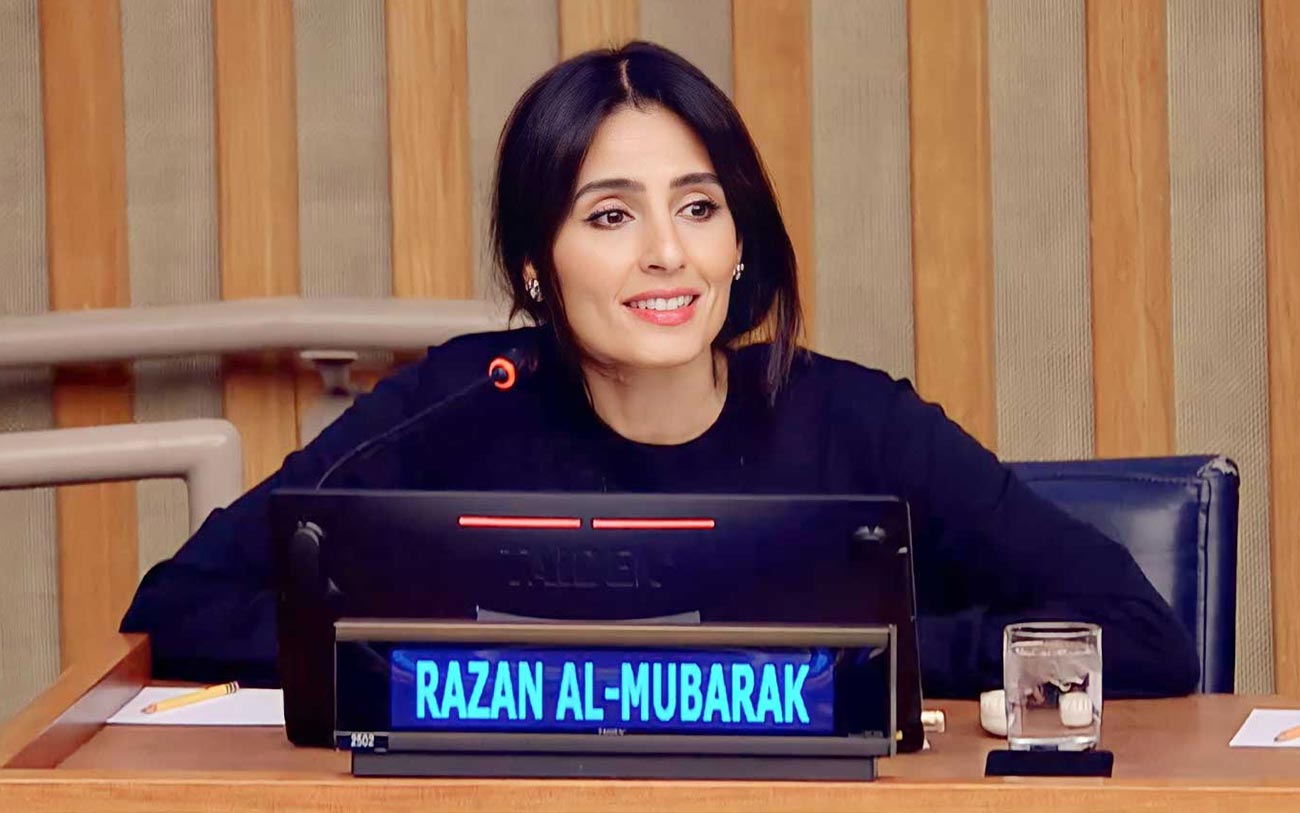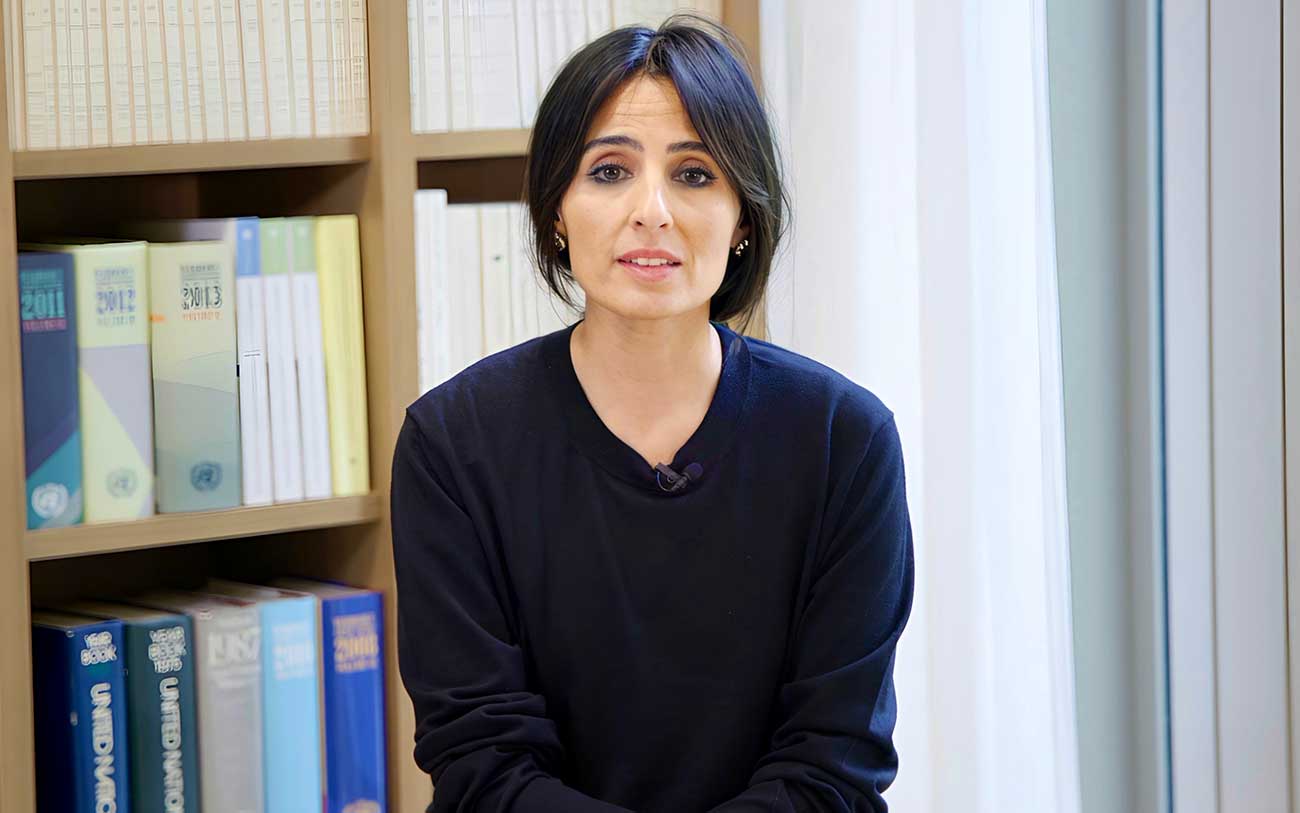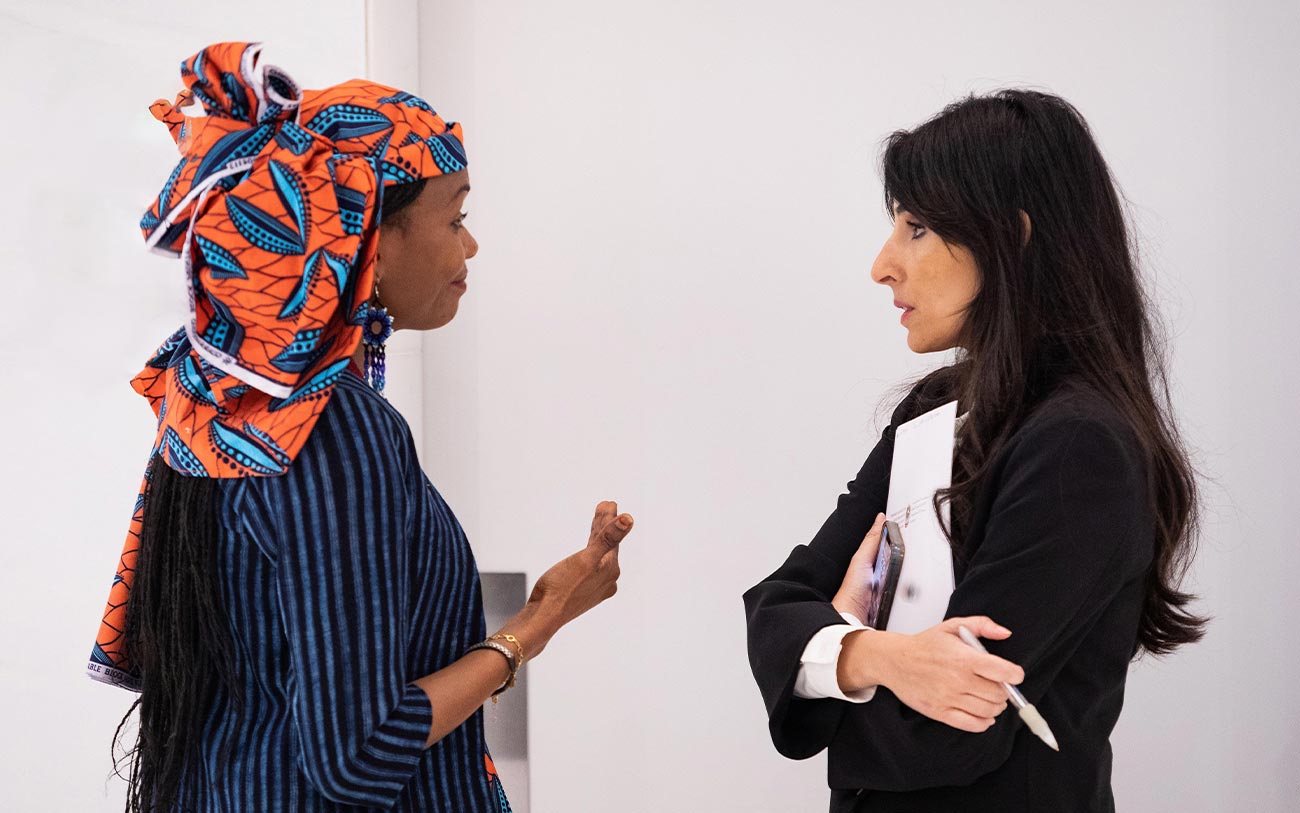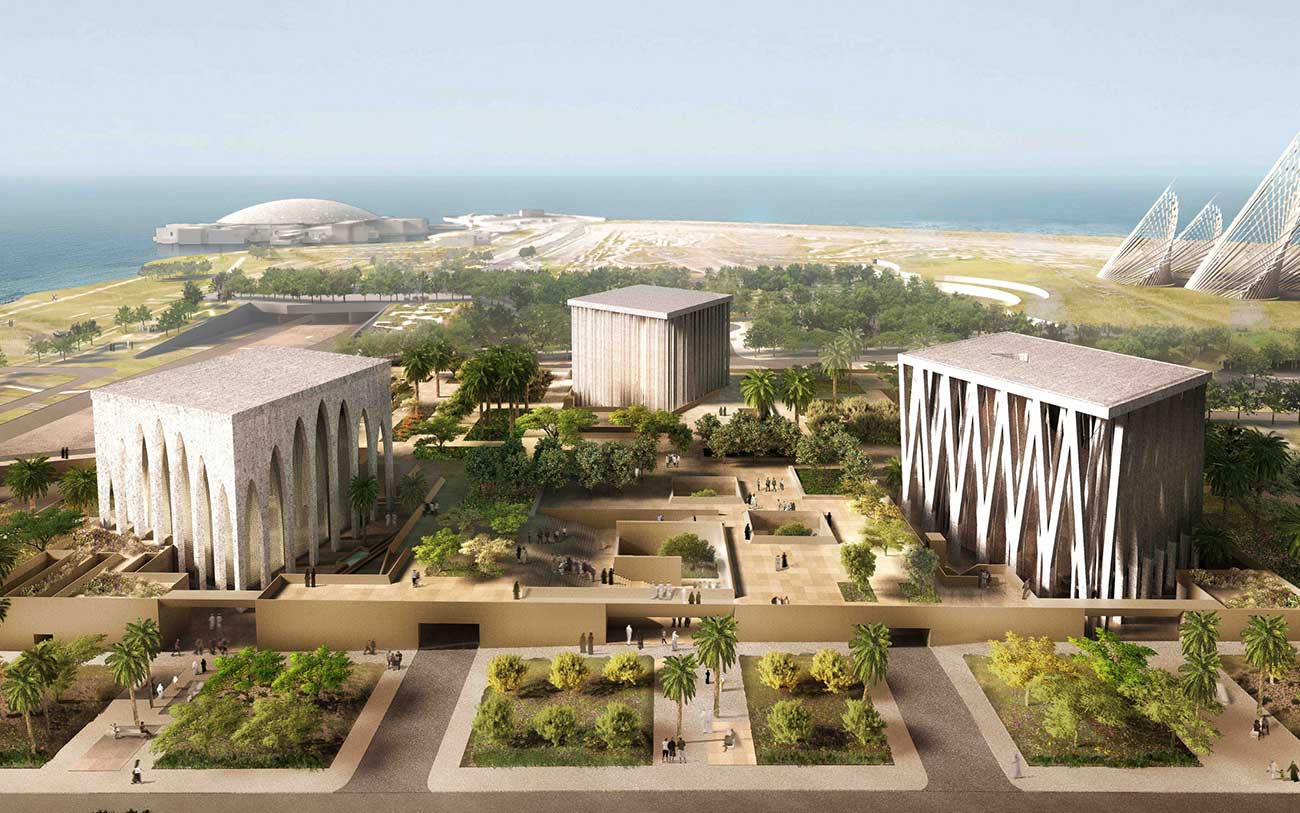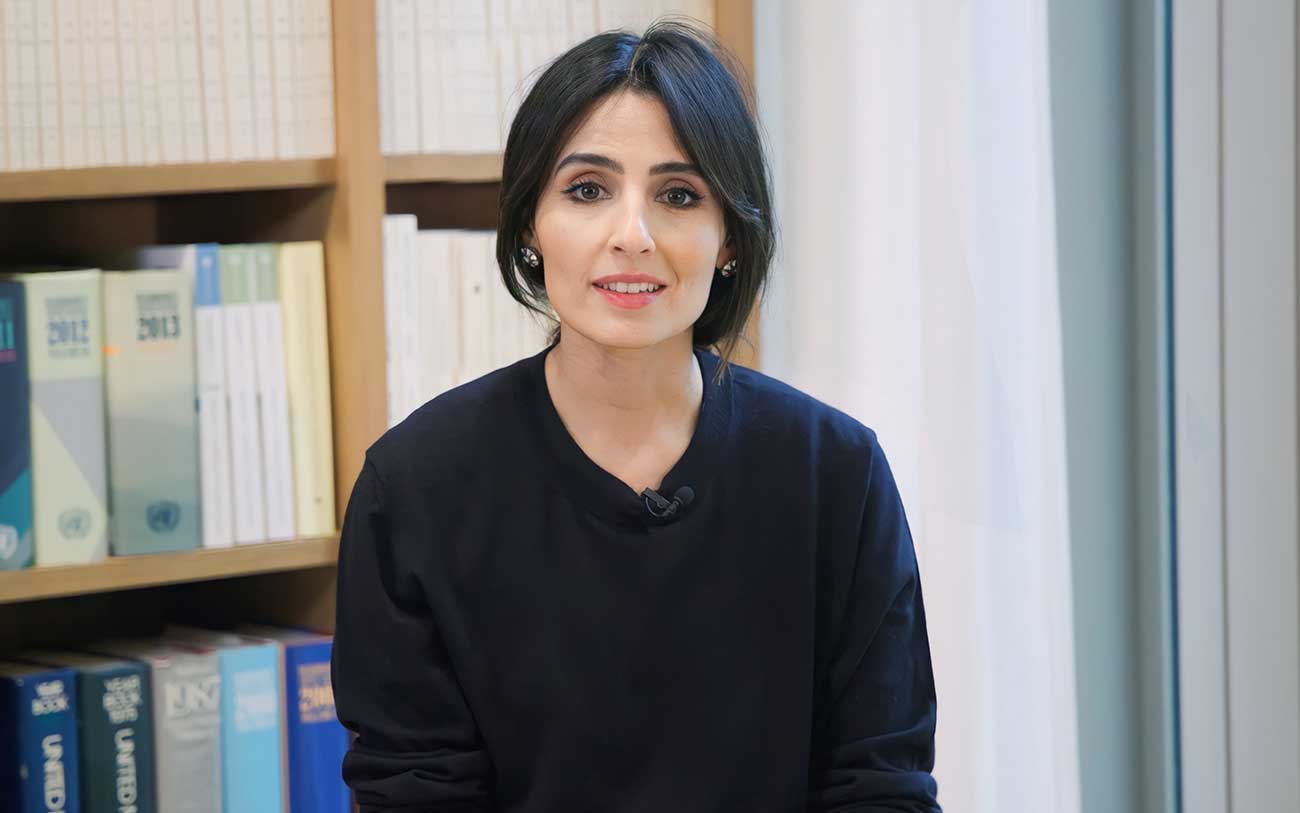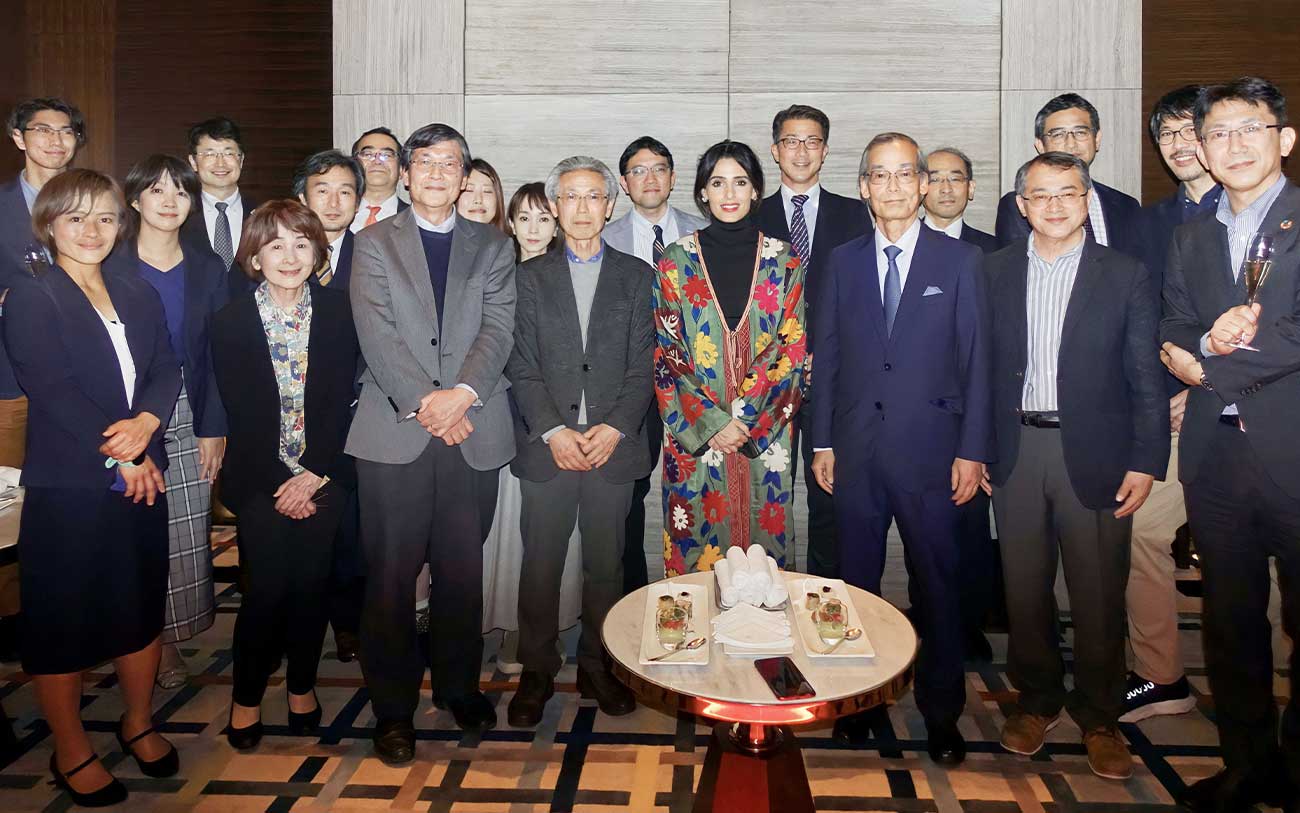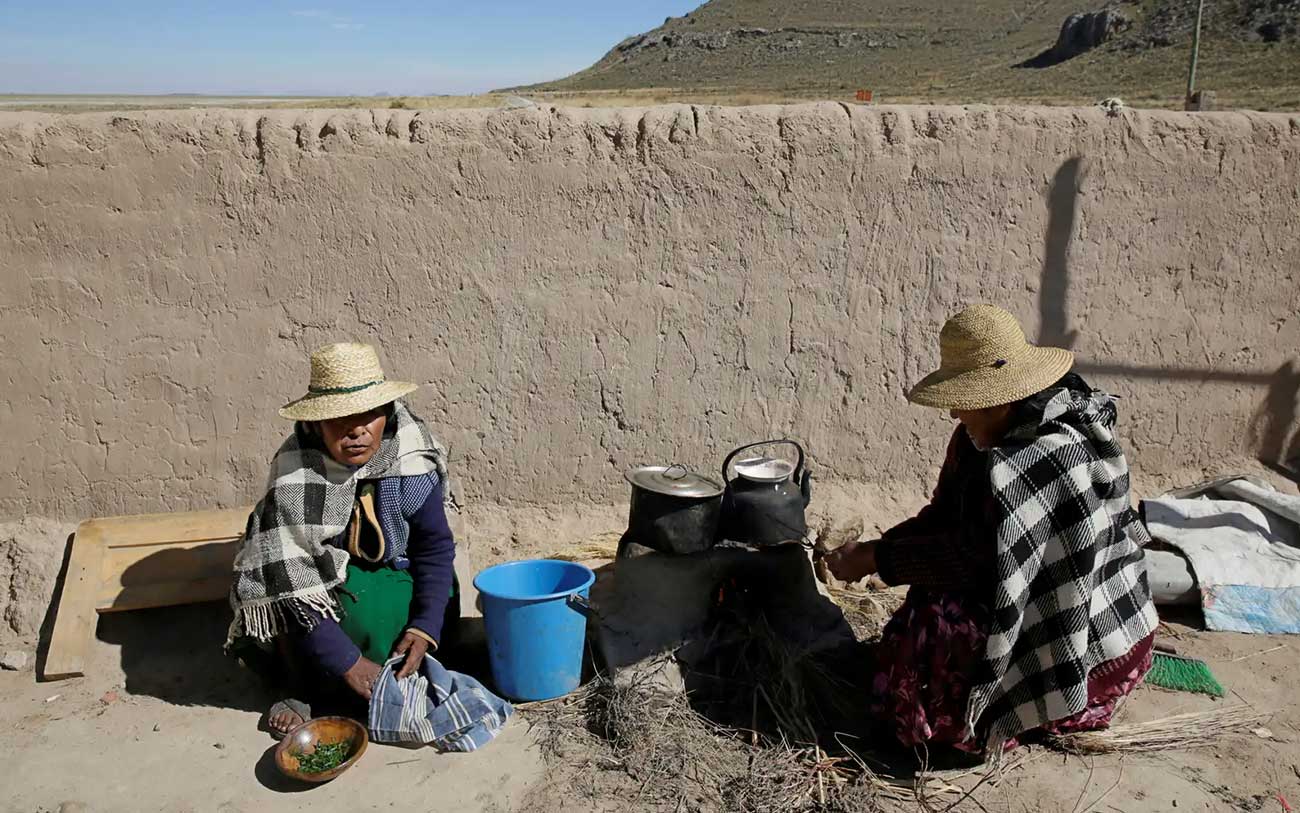Razan Al Mubarak, UN Climate Change High-Level Champion for COP28, and President of the International Union for Conservation of Nature (IUCN), urged for greater inclusion of Indigenous peoples as “full partners in decision-making that affect their lands, health, resources and way of life” at the 22nd Session of the United Nations Permanent Forum on Indigenous Issues (UNPFII).
During her keynote address at UNPFII, Ms. Al Mubarak said:
“The Paris Agreement states that climate change is a common concern for all humankind and when taking action to address climate change, the rights of indigenous peoples should be respected, promoted and enacted. It is imperative that we work together to ensure the implementation of the UN Declaration on the Rights of Indigenous Peoples as we seek solutions to solve the climate crisis.”
Pointing to reports from the Intergovernmental Panel on Climate Change, the Glasgow Climate Pact, and the Kunming-Montreal Global Biodiversity Framework, Ms. Al Mubarak recognized the myriad contributions by Indigenous peoples to tackling the climate crisis — from advocacy to environmental stewardship.
Watch Razan Al Mubarak’s full remarks at the UNPFII and her message for International Mother Earth Day.
